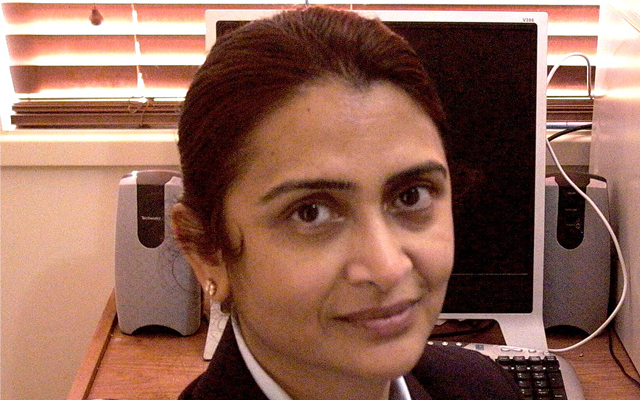ARDC Platform Grant
Prof. Sowmya from CSE is a collaborator on the recently successful ARDC Platform grant entitled `Australian Cancer Data Network: distributed learning from clinical data’ led by Associate Professor Lois Holloway, UNSW and Ingham Institute for Applied Medical Research.

